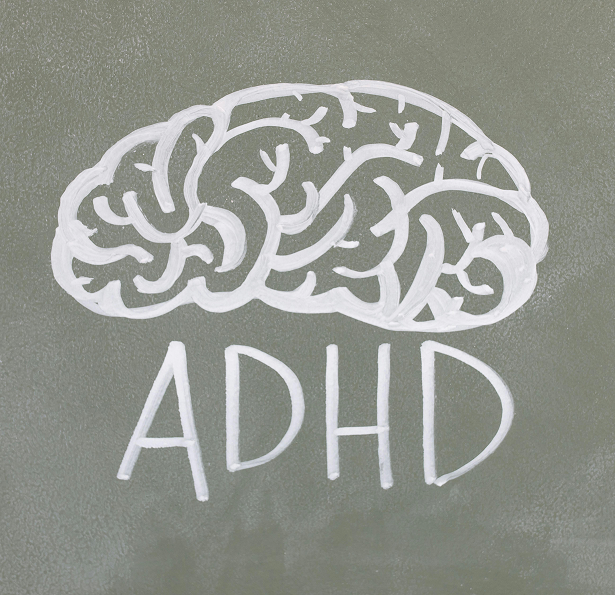Adult ADHD

What Is Adult ADHD?
Attention-Deficit/Hyperactivity Disorder (ADHD) isn’t just a childhood diagnosis—it can persist into adulthood or go undiagnosed for years. Adult ADHD often looks less like hyperactivity and more like difficulty managing attention, focus, time, or emotions. It can affect work, relationships, and self-esteem, especially when people blame themselves for struggles that are neurological in nature.
Recognizing ADHD as an adult can be both validating and overwhelming. The good news is, support and strategies are available.
Common Symptoms of Adult ADHD
Everyone experiences distractions sometimes, but ADHD tends to be persistent and disruptive. Common symptoms include:
- Trouble focusing or finishing tasks, even when they’re important
- Chronic disorganization or forgetfulness
- Emotional reactivity or low frustration tolerance
- Difficulty managing time or meeting deadlines
- Impulsive decision-making or interrupting others
- Feeling overwhelmed by daily routines or expectations
ADHD symptoms may also mask or overlap with anxiety, shame, or burnout.


How We Help Adults With ADHD
At Maribel Ayala Psychotherapy and Consulting, we take a strengths-based, compassionate approach to supporting adults with ADHD. Rather than focusing on what’s “wrong,” we explore what’s happening in your nervous system and help you develop sustainable tools for self-regulation, organization, and self-acceptance.
Therapy may include:
- Exploring and reframing beliefs formed by past criticism or misunderstanding
- Building routines that support executive functioning and emotional regulation
- Addressing co-occurring concerns like anxiety, burnout, or trauma
- Using somatic and mindfulness-based strategies to reduce overstimulation
We create a space where you can feel understood, not judged—and begin to work with your brain, not against it.
Tips for Managing ADHD Outside of Therapy
In addition to therapy, small daily practices can help support your focus and functioning:
- Use external structure: Timers, calendars, and visual checklists can reduce mental load
- Break tasks into steps: Smaller actions feel less overwhelming and are easier to complete
- Move your body: Physical activity helps regulate attention and emotions
- Create distraction-free zones: Reduce visual or digital clutter during focus time
- Celebrate wins: Noticing what works builds motivation and confidence
- Practice self-compassion: ADHD is not a character flaw—give yourself grace as you learn
You deserve support that honours how your brain works—and helps you thrive.

